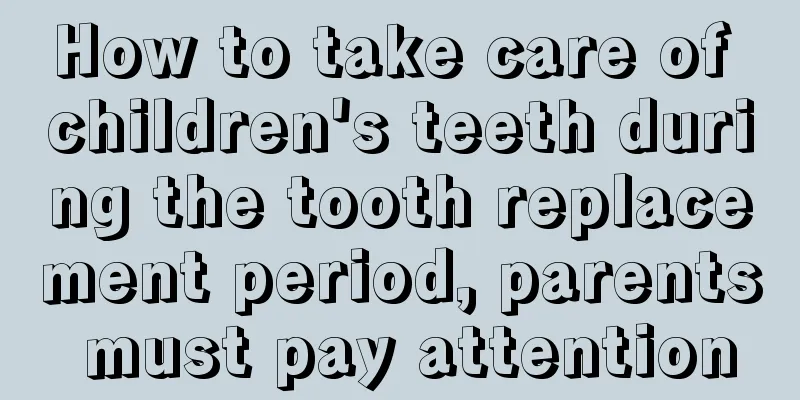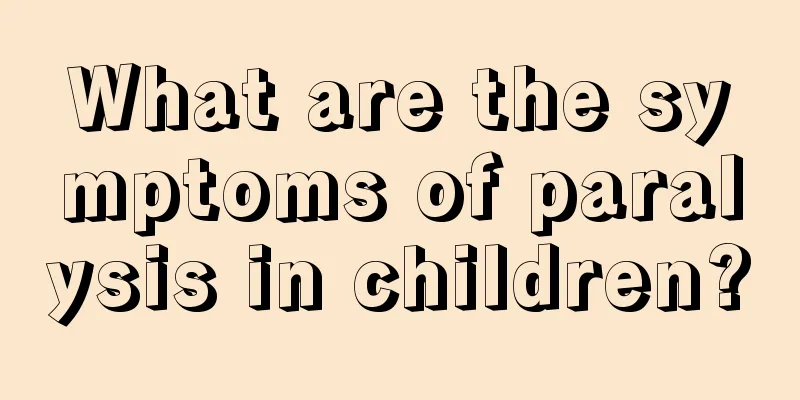The harm of secondhand smoke to children

|
Nowadays, there should be many people who smoke around us. If people around you smoke, even if you don't smoke, you will involuntarily absorb secondhand smoke. Secondhand smoke can cause serious damage to human organs, especially for children. Children's immunity and resistance are relatively weak, and they are more susceptible to the effects of secondhand smoke. So, what harm does secondhand smoke do to children?
Children's bronchial tubes are relatively straight, which allows toxic substances in tobacco to easily pass through their respiratory tract, reach the alveoli and accumulate there. Therefore, children whose parents smoke are significantly more likely to suffer from respiratory diseases than those whose parents do not smoke, and the probability of disease is almost positively correlated with the degree of smoking of their parents. 2. Prone to asthma Secondhand smoke can increase the frequency of asthma in children and cause it to recur. If there is a smoker in the family, the incidence of bronchial asthma among children will be several times that of those in non-smoking families. Moreover, the more severe the parents' smoking, the higher the incidence of asthma in their children. 3. Cause anorexia in children When parents smoke during meals, the baby will be irritated by the smoke and will inevitably lose appetite. If things go on like this for a long time, children will form an association between smoking and eating, and will inevitably develop anorexia.
This is by no means an exaggeration. Long-term smoke in the home can stimulate the middle ear to secrete a large amount of mucus. Excessive fluid accumulation in the middle ear and blockage of the ear canal can easily induce otitis media. Long term exposure may lead to perforation of the eardrum, resulting in conductive hearing loss. 5. Damage to children’s IQ Nicotine breaks down to produce a substance called cotyledon, which can damage children's intelligence. Children who are exposed to secondhand smoke for a long time will inevitably have significantly higher than normal levels of cotinidine in their blood. Therefore, their reading, calculation, and logical reasoning abilities are not as good as those of normal children. Their IQ levels are negatively correlated with the concentration of cotinine in their blood.
Secondhand smoke can make antioxidants in the blood vessels ineffective and produce harmful substances in the blood vessels that reduce the elasticity of the blood vessel walls, inducing blood vessel wall inflammation and thrombosis. Concentrations of these substances increased with the amount of smoking by the parents. These substances can induce a series of cardiovascular and cerebrovascular diseases. 7. Tooth decay Children who live in the same room with smoking parents are more likely to develop tooth decay. Secondhand smoke increases the concentration of cotin in children's blood, making them more likely to develop cavities in their teeth. At the same time, in order to resist the invasion of smoke, children's teeth will turn black as the body's own defense. |
<<: What to do if your child is willful
>>: What causes seizures in children?
Recommend
The child speaks slowly
We will eventually encounter many situations in r...
Teenagers often have nosebleeds
Teenagers aged 14 and 15 are a group that likes t...
Why are my children's teeth yellow?
When we communicate with others, the first thing ...
What to do if your child has smelly feet? Treatment for children's smelly feet
In life, many children have the problem of smelly...
What should I do if my child has tooth decay?
Many children may have tooth decay in their daily...
What is the pathogenesis of childhood follicular lymphoma?
Children have a very high status in today's s...
Why is the baby's urine red?
The color of urine is related to the health of th...
What are the symptoms of tracheitis in children?
Children often have some bronchitis. Inflammation...
Reasons for repeated fever in one and a half year old baby
In daily life, many people do not have much time ...
Treatment of chronic gastritis in children
Children are in a period of rapid growth and deve...
A complete menu for a three-year-old baby
Three-year-old babies are in a stage of growth an...
How to prevent children from having a fever and seizures?
The phenomenon of high fever convulsions in child...
What causes nosebleeds in children at night?
Some children are normal during the day, but some...
Green stool after baby has fever
In the early stages of growth and development, ba...
What to do if your baby has a runny nose due to a cold
All aspects of the baby are in a state of develop...









